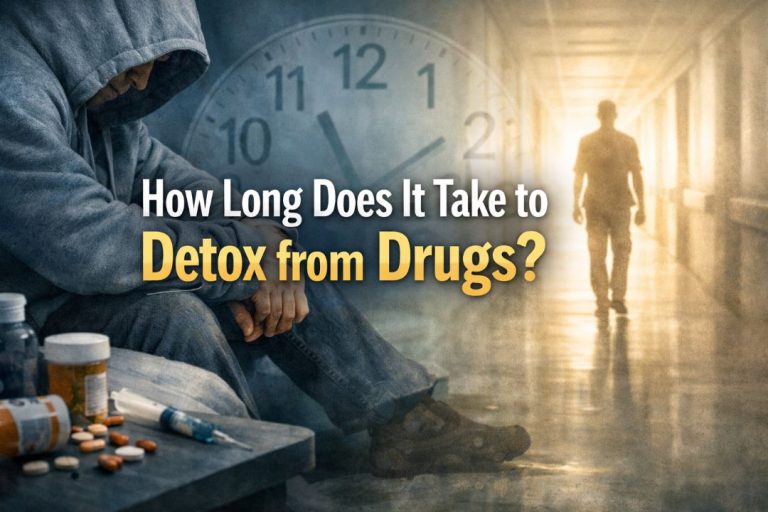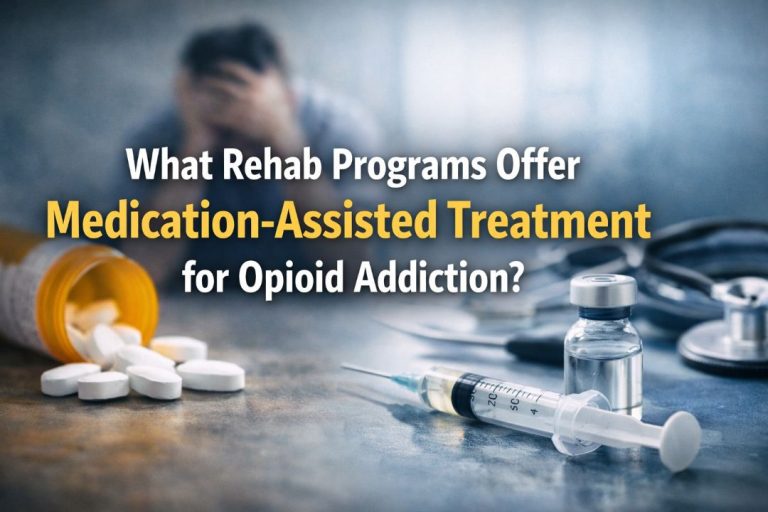It can be incredibly tough when a loved one needs mental health treatment but isn’t willing to accept it. Your concern comes from love. You see that their mental health may keep getting worse, which could lead to serious and life-threatening issues. The Baker Act in Florida offers a way to help people get the support they need, even if they don’t see their situation clearly.
The Baker Act is a Florida law that supports people with mental health issues who need help but might not want to ask for it themselves. If you’re worried about a distressed loved one, the Baker Act can help them find care.
What Does the Baker Act Do?
Many people face serious mental health issues daily. Sometimes, they do not realize how severe their condition is. If a loved one believes someone with a mental illness may harm themselves or others, they might consider the Baker Act. This law allows for the evaluation of a person’s safety.
It is important to understand the process and rules for using the Baker Act in Florida. Let’s take a closer look.
The Baker Act encourages voluntary mental health support. However, family members can request a mandatory exam if someone in a severe crisis won’t accept help. There are rules to ensure the Baker Act is used correctly and not misused.
This process helps ensure that individuals showing mental and emotional impairment receive the necessary support. Knowing the specific criteria for the Baker Act can guide you in taking the proper steps for their well-being.
What are the Criteria for the Baker Act?
This act can only be applied when specific criteria are met, which helps to ensure that it is not abused. A person must meet all three of the following criteria to be eligible.
- There is ample evidence that the person is struggling with mental illness.
- A person might say no to treatment because of their mental illness, or they might not realize they need help because of it.
- If the person does not get treatment, they are at a high risk of harming themselves or others.
100% Confidential Support is Available 24/7
No matter what you’re going through, you’re not alone. Our dedicated team is here to provide a safe, judgment-free space where you can talk openly and honestly. Whether you need emotional support, resources, or just someone to listen.
We’re here for you—completely confidential and always respectful of your privacy. Call us today!
How Do You Invoke the Baker Act?
The Baker Act helps individuals seek mental health support voluntarily. If someone is in a severe mental health crisis and refuses help, family members, healthcare providers, or police can ask the court for a forced mental health examination.
Court Order
A family member or another person can request an ex parte order from the Circuit Court to have someone examined involuntarily. If a judge agrees, the police will take the person into custody and bring them to the nearest facility for evaluation, ensuring they receive the care and support they need.
Court Hearing
The court must hold the involuntary placement hearing within five days. A public defender represents the individual unless they have their own lawyer. The person can request an independent expert examination from the court.
The court reviews testimony and evidence to decide if the person can consent to treatment. If not, it appoints a guardian advocate.
If someone needs to be placed involuntarily, the court can send them to a mental health facility for up to six months. This time can be extended if necessary.
Florida recently updated its mental health laws, including the Baker Act, to speed up involuntary placements and improve treatment options.
Health Professional Order
If someone has seen a doctor or mental health professional in the last 48 hours and needs an involuntary exam, a police officer will take them to the nearest facility.
Recent changes to Florida’s Baker and Marchman Acts have added court processes for ordering involuntary outpatient services. These changes aim to make it easier to treat people, especially those facing behavioral health issues.
Examination
If a hospital admits someone for an emergency condition, a psychiatrist and a mental health professional must examine them within 72 hours. This examination will decide whether to transfer them to a different facility for medical treatment.
If the doctor feels the patient’s condition is stable and not urgent, one of the following steps should occur:
- If the doctor decides the person does not meet the criteria for involuntary admission under the Baker Act, they must release the person or change their status to voluntary.
- A person can be released from a receiving facility if a psychiatrist or psychologist supports their release in writing.
- The person is taken to a facility that provides the necessary medical treatment.
Contact Solutions Healthcare
Battling with Drug and Alcohol Addition? Remember, you are not alone and we are here to help you!
What is Not Covered Under the Baker Act?
The Baker Act only applies in certain situations. Specifically, it can only be used if a case meets the three criteria defined in the act. A person cannot be Baker Acted just for having a developmental disability and refusing treatment, as developmental disabilities are not mental illnesses.
The Baker Act does not cover intoxication and substance abuse on their own. Instead, in Florida, a person who might harm themselves or others because of their addiction can be dealt with under the Marchman Act. This act allows families to ask the court to force a loved one into addiction treatment.
While exclusive to Florida, the Baker Act highlights an important trend: many states are enacting their own laws for court-ordered treatment. This demonstrates a growing recognition of the need for structured mental health interventions across the nation.
Support Through the Treatment Process
If your loved one has serious mental health problems and refuses to seek help, you may be thinking about using the Baker Act. It is painful to see someone you care about struggle. Using the Baker Act in Florida can be confusing, but it may be the best option if you are worried about your loved one.
At Solutions Healthcare, we understand that mental health can be complicated. We provide effective treatment to help our patients recover. If your loved one has been Baker Acted and needs inpatient or outpatient care, we are here for you. Contact us today to learn more about the Baker Act, how it works, and how we can assist you.
References
- Florida Department of Children and Families: Baker Act
- Florida Courts: Executive Summary (Baker Act Effects – 1999)
- University of Florida Health: Baker Act






















